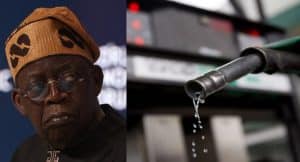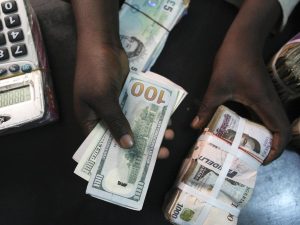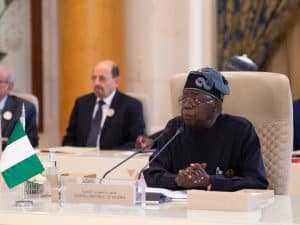
As Nigerians continue to groan over the recent increase in fuel prices by the Nigerian National Petroleum Company (NNPC) Limited, Naija News brings you the latest update on petrol scarcity, fuel price increase and Govt/citizens’ reactions.
Nigeria Imports 1.947 Million Metric Tonnes Of Petroleum Products Amid Dangote Refinery Pressure
Amid growing calls from Dangote Refinery for Nigeria to cease fuel importation, 1.947 million metric tonnes of petroleum products were imported between October 1 and November 11.
Documents obtained by The Cable reveal that 110 fuel cargoes were offloaded at terminals across Warri, Port Harcourt, Calabar, and Lagos during the six-week period.
The imports included premium motor spirit (PMS), also known as petrol, automotive gas oil (AGO), commonly referred to as diesel, and aviation fuel (Jet-A1).
NNPCL Denies Reports On Ending Fuel Importation
The Nigerian National Petroleum Company Limited (NNPCL) has refuted claims that it has halted the importation of refined petroleum products, describing the reports as a “misrepresentation and misinterpretation of facts.”
The reports, which circulated online on Tuesday, suggested that NNPCL’s Group Chief Executive Officer, Mele Kyari, announced an end to fuel importation in favour of sourcing from the Dangote Refinery and other local refineries.
The alleged comments attributed to Kyari were made at the Nigerian Association of Petroleum Explorationists conference in Lagos, themed ‘Resolving the Nigerian Energy Trilemma: Energy Security, Sustainable Growth and Affordability.’
In a clarifying statement, NNPCL Chief Corporate Communications Officer, Femi Soneye, explained that while Kyari’s statements were accurately quoted, the interpretation provided in the reports was inaccurate.
Fuel Subsidy Removal, Naira Floating: Tinubu Govt Reforms Have So Far Failed – IMF Reports
The International Monetary Fund (IMF) latest report on Sub-Saharan Africa has revealed that Nigeria’s broad-based economic reforms have yet to deliver the desired impact, 18 months after their introduction.
Stakeholders in the food sector also argue that these reforms have failed to improve the basic necessities of life in the country.
While the IMF recognized progress in some nations, such as Côte d’Ivoire, Ghana, and Zambia, Nigeria was notably absent from the list of success stories.
Instead, the report highlighted Nigeria as struggling to meet reform targets, with its projected economic growth rate of 3.19% for 2024 falling below the regional average of 3.6%.
Speaking at the Lagos Business School, IMF Deputy Director Catherine Patillo emphasized that macroeconomic imbalances in the region are easing, but Nigeria remains excluded from this positive trend.
She noted significant fiscal consolidation efforts across two-thirds of the region, with improvements seen in countries like Ghana and Zambia, while Nigeria lags behind.
The post Latest Petrol Price Hike News, Update On Fuel Scarcity For November 17th, 2024 appeared first on Naija News.
Discover more from Smlblogtv
Subscribe to get the latest posts sent to your email.



